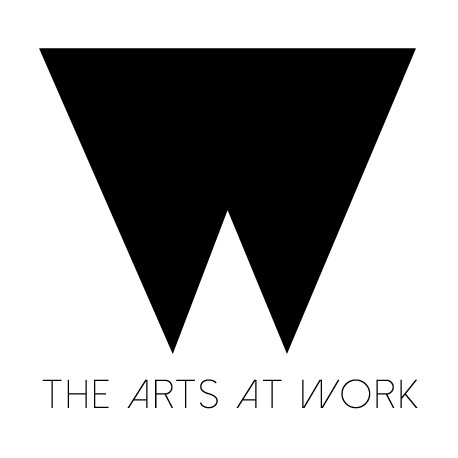Weekly Links - April 22nd, 2016
“Love is forever
that’s all your life
love is heaven sent
it’s glamorous”
This week, reeling from the loss of a musical genius, we’re sharing articles that reveal the transformative power of art in every aspect of life.
Vox on why we mourn artists we’ve never met so deeply.
An ArtPlace study on how the arts and culture intersect with public safety.
A National Foundation for the Arts blog post on the art (and necessity) of failure.
How Rick Lowe’s experiment in livable art continues to transform the everyday for ordinary people.
Weekly Links - April 1st, 2016
“This humanities-driven approach to innovation can create ‘game-changing’ solutions to the major challenges of our societies. They can help transform the ways in which we conceptualise, manage, study and act in the world.”
This week we discovered several STEAM-y stories. Our favorites are shared below:
An Italian case study provides recession-proof advice for arts and cultural organizations.
Billed as an intersection of art and technology, this week’s inaugural “Light City Baltimore” festival is transforming the way people look at the city.
Science Europe’s Scientific Committee opines on the importance of the human factor in radical innovation and establishes the arts and culture as “game changing” catalysts.
Think Like a Poet
If we all begin to think more like poets, contemporary communication will be transformed.
I don’t mean to say that texts should rhyme, nor that Instagram captions should be written in meter. What I mean is that before writing anything, we should pause briefly to reflect on the moment and choose the right words to convey what we really mean.
The poet is a shape-shifter whose work can be approached as imagery, song, story, performance or even a sort of science (scansion analysis). Above all, though, the poet’s work is personal – to the poet him or herself and to the reader. This multiplicity lends itself naturally to the complexities of the modern identity
Poetry is, like say, Facebook, a social media. It records an instant, can spur people to action, bridges vast geographic areas. Unlike say, Facebook, poetry – even bad poetry – is viscerally evocative. Its power is in the poet’s pause, in the poet’s vocabulary – things that we can cultivate easily.
Perhaps if we thought more like the poet, even our mundane conversations would mean more.
Perhaps if we thought more like the poet, even ugly moments would be infused with a little beauty. Perhaps if we thought more like the poet, if we expanded our sensibilities in similar ways, we would find more reasons to create and edit in our daily lives.
Perhaps if we thought more like the poet, the weight of our carefully chosen words would bring us light.
Perhaps if we considered our words more carefully before putting them out in the world, we would stop taking for granted that we are not listening to one another. That we are not listening to ourselves.
Game Changers: BRIC House
We’re inspired by BRIC House in Brooklyn, New York. It provides a home for anyone on the creative hustle: from citizen artists to professionals at all stages of their careers. BRIC House’s open door policy encourages neighbors to drop-in and artists to take up residency, and offers the community a platform for inspiration and innovation.
Photo credit: Thomas Leeser


